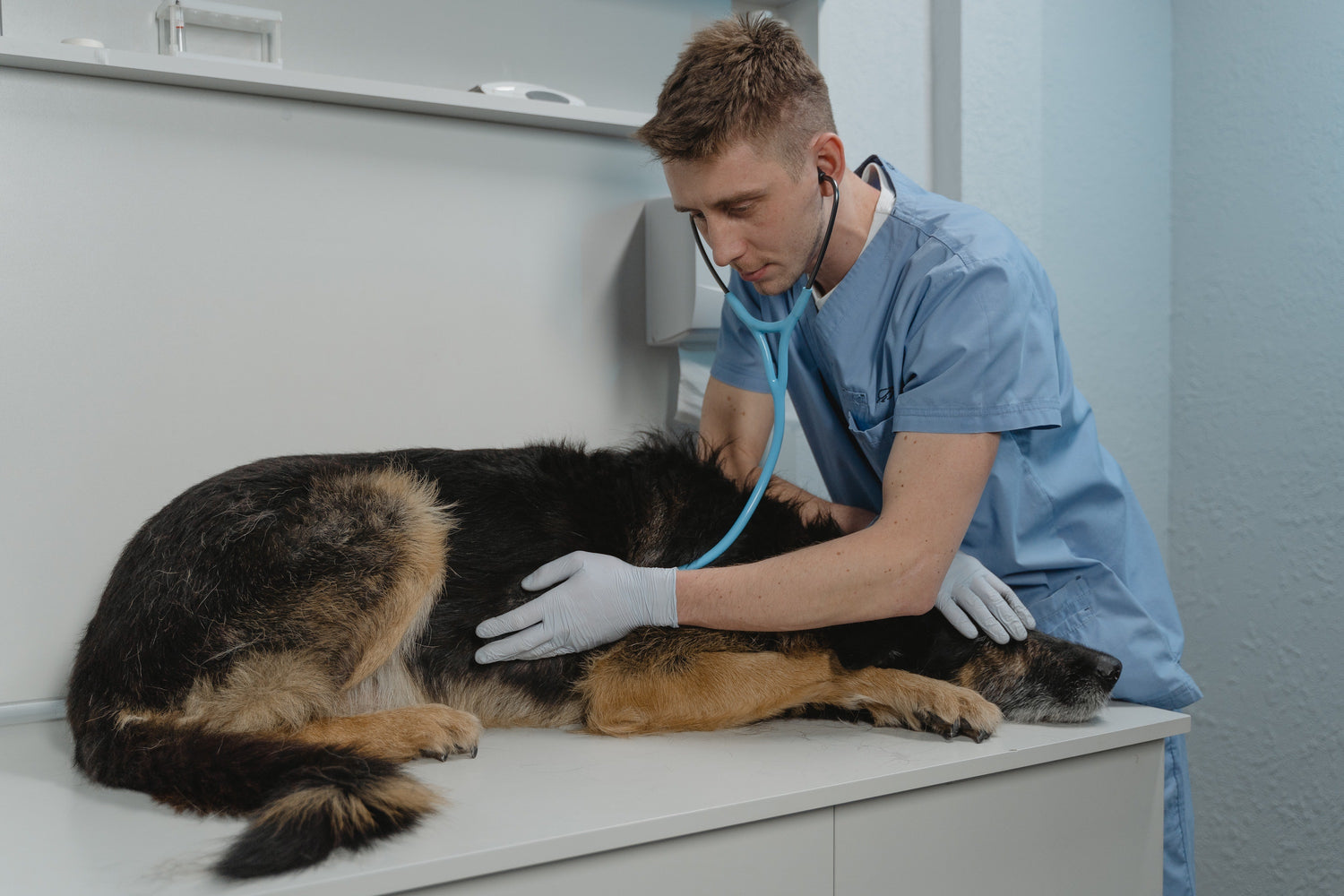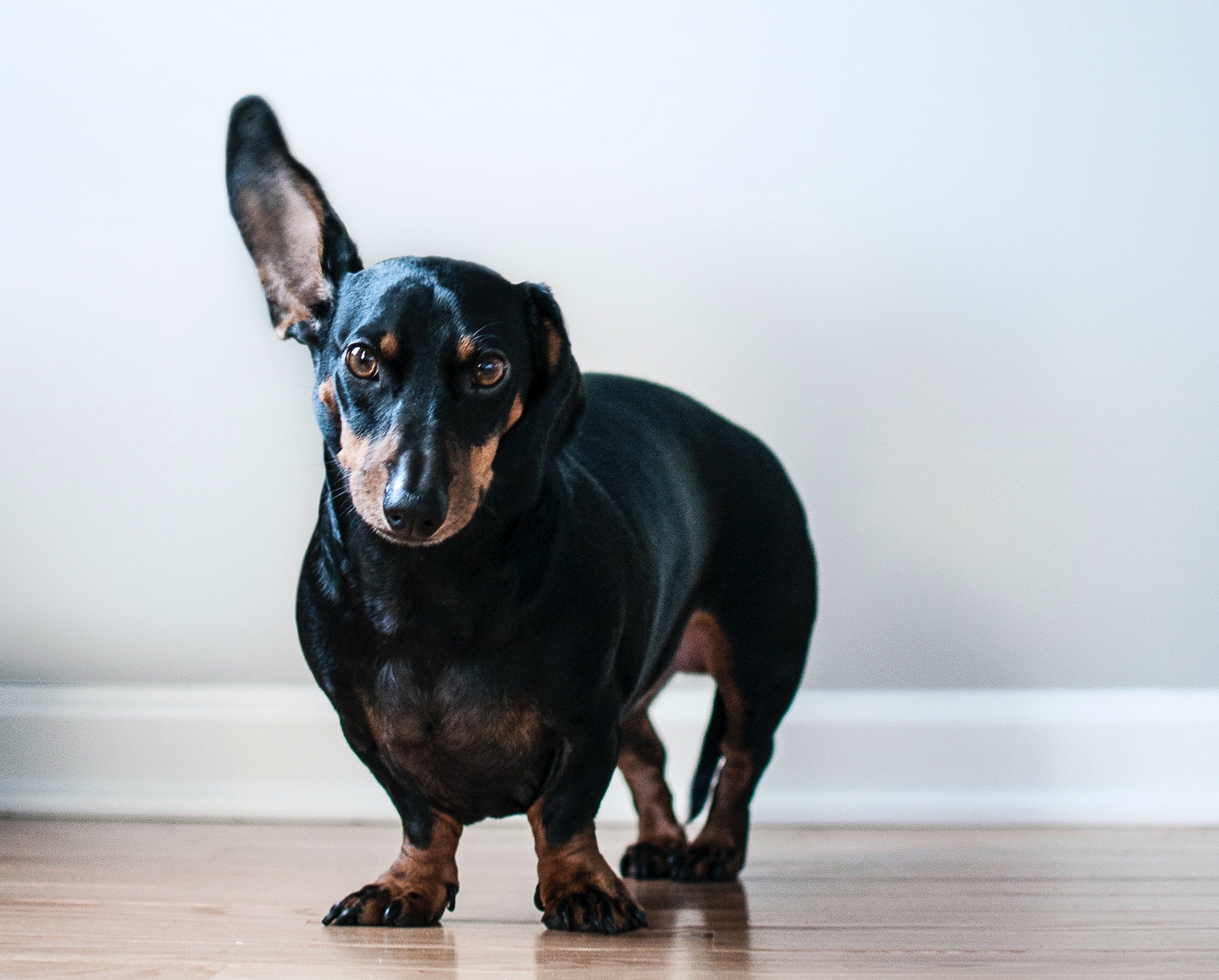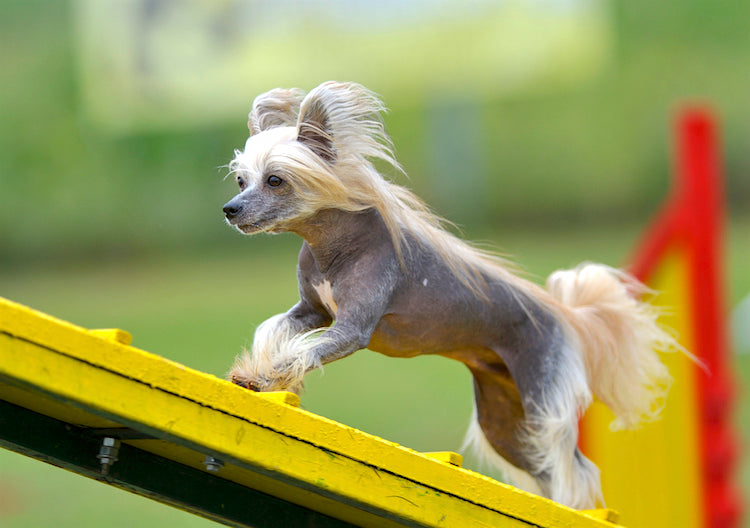From antifreeze to chocolate and cleaning products, a lot of everyday things can turn into poison hazards to dogs. It's always helpful to know the signs of dog poisoning and how to react in case your pooch inhales or eats something dangerous.
What are the signs of poisoning in dogs?
The symptoms and the severity of the reaction depend on the poisonous item and the quantity inhaled or ingested. To add to the complexity, all of the signs can also point out to other issues, which is why alerting your vet is always the best thing to do if your dog has one or several of these symptoms:
- Diarrhoea
- Blood in the stool
- Vomiting
- Seizures
- Changes in behaviour: agitation, lethargy, trouble walking
- Bruising
- Unusual substances in the stool
What to do if you think your dog has been poisoned?
Some substances can cause extreme damage, so the quicker your dog gets treated, the better.
- Contact your vet first. If closed, call your nearest emergency clinic or a pet poison hotline. You can call Animal Poison Hotline 24/7, find their number here.
- If you know which substance has been inhaled or ingested, keep hold of it and show it to the specialist taking care of your dog.
- From there, the vet or emergency clinic will advise based on the situation.
How to treat poisoning in dogs?
It depends on the poisonous source and the quantity. Some substances, such as antifreeze, have an antidote, which your dog needs to receive as soon as possible.
To prevent your dog's body from absorbing any more poison, your vet might use activated charcoal, opt for an enema (injecting fluid into the bowel) or a gastric lavage. They might also use medication to make your dog throw up or diuretics to stimulate urination.
What are the most common poisonous substances?
Please keep in mind that the below list is not exhaustive, but it includes the main hazardous substances:
- Human medication such as Ibuprofen, blood pressure tablets or antidepressants.
- Human foods such as onion, chocolate or some kinds of peanut butter
- Rat poison, pesticides and insecticides
- Household cleaning products and antifreeze
- Plants and flowers, like tulips




Leave a comment
This site is protected by hCaptcha and the hCaptcha Privacy Policy and Terms of Service apply.